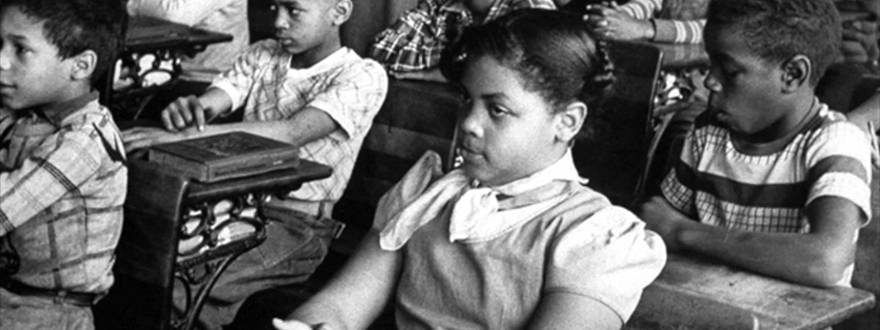
Apr 4, 2018 12:00:00 AM
Casey M. Bethel is the 2017 Georgia Teacher of the Year and a 2017 Life-Changer of the Year Finalist. He speaks and blogs teacher recruitment and retention, diversifying the teaching population and school discipline reform. He is a passionate educator, and accomplished scientist and a mentor to students of all ages. Casey now serves as the K-12 Science, STEM and Computer Science Coordinator for 35 schools in Douglasville, GA. Fourteen years ago, in search of greater fulfillment, he switched to teaching high school biology and physics. He now coordinates teacher professional development and STEM outreach programs through The Center for Education Integrating Science, Mathematics and Computing (CEISMC) at The Georgia Institute of Technology.
Few issues in education spark more tension and debate than standardized testing. Are they a tool for equity or a burden on students? A necessary check on school systems or a flawed measure of...
Charter schools are public schools with a purpose. Operating independently from traditional school districts, they're tuition-free, open to all students, and publicly funded—but with more flexibility...
Despite the benefits of a diverse teaching force, prospective teachers of color fall out of our leaky preparation pipeline at every stage: preparation, hiring, induction, and retention. Here’s what...
Ed Post is the flagship website platform of brightbeam, a 501(c3) network of education activists and influencers demanding a better education and a brighter future for every child.
© 2020-2025 brightbeam. All rights reserved.
Leave a Comment